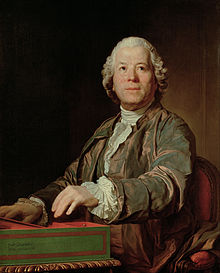
Christoph Gluck’s Childhood and Early Years
I was born July 2, 1714, in Erasbach, Bavaria. The year of my birth was a politically strained one, with the Treaties of Rastatt and Baden being signed, thus ending the War of Spanish Succession. The financial well-being of the country – part of Germany in your time – was under duress, and many lost their jobs and homes.
My father, Alexander, worked as a forester at the time. Due to financial turmoil had to reapply for his position after the war. Even though he was re-hired, his government employer did not pay him for an entire year.
Although I accompanied my father to his work on numerous occasions, my heart lay within the art of music. I began to learn from a young age. “My father was forest master in Bohemia, and he planned that eventually, I should succeed him. In my homeland, everyone is musical; music is taught in the schools, and in the tiniest villages the peasants sing and play different instruments during High Mass in their churches. As I was passionate about art, I made rapid progress. I played several instruments, and the schoolmaster, singling me out from the other pupils, gave me lessons at his house when he was off duty. I no longer thought and dreamt of anything but music; the art of forestry was neglected.”

Christoph Willibald Gluck’s Travels
Biographers have not recorded much concerning my teenage years, and I believe some have said that I attended a Jesuit college and studied music there. I do not think this is correct. In 1735, when I was fourteen, I traveled to Prague to learn, and I found a job as a music teacher to support myself.
I also joined a church choir and played the organ at Tyn Church. Although I never received my degree, in 1937, I visited Vienna. At the time, my father was working for Prince Lobkowitz, and it was thanks to his work and reputation that the royal family employed me as well, as a chamber musician.
It was during my time in Vienna that I attracted the attention of Prince Melzi of Italy. Eventually, I left Vienna to work for him, and I studied under Giovanni Battista Sammartini.
Sammartini was mainly interested in composing sacred music, but thanks to his knowledge and influence, I became enraptured by opera.
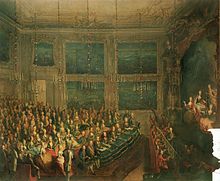
Christoph Willibald Gluck’s Opera, Artaserse
After four years of dedicated study, I wrote my first opera: Artaserse. Based on the libretto by Pietro Mctastasio, it was an immediate success when it opened at the Teatro Ducal in Milan.
It was not long before commissions for operas started to flood in. Between the years 1741 and 1745, I wrote eight operas.
They were “the conventional music of the Italian opera… there is little individuality about any of those works.”
I became trendy in a short space of time. Not only were my operas relatively successful, but I was invited to perform in concerts regularly. During this time, the Italian Opera of London commissioned me to compose two operas. It was during the Jacobite revolution, and so England was fraught with tension.
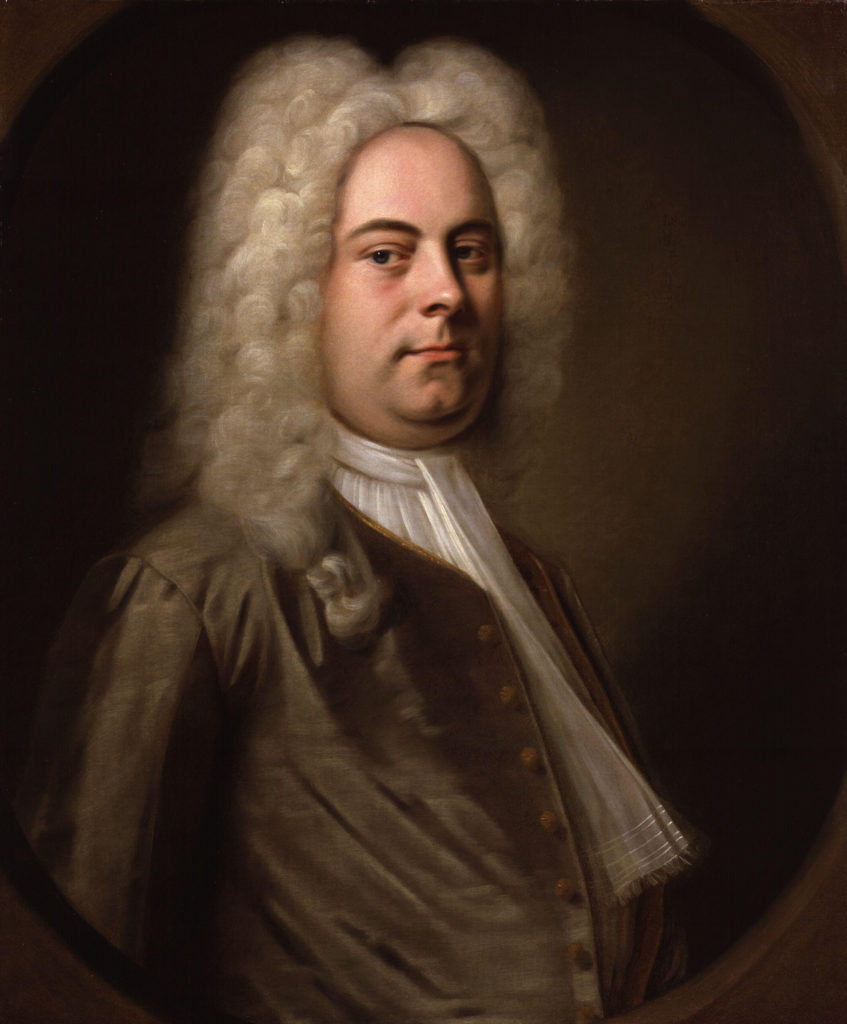
Gluck forms a Friendship with George Fredrick Handel
Handel became a relatively significant influence on my compositions; Handel, a German-born Baroque composer, believed I “knew no more of counterpoint as mein cook” and disapproved of my stylistic decisions.
Regardless, his intellect and experience provided me with the exposure I needed to become well-known in England. Together, we gave a concert at the Haymarket Theatre. The outcome was being commissioned to write the opera, Artamene.
I created Artamene primarily out of musical ideas from my earlier music. I did not have enough time to produce something wholly original, and unfortunately, it did not end in my favor. When it premiered on March 14, 1746, it was not as successful as I had hoped.
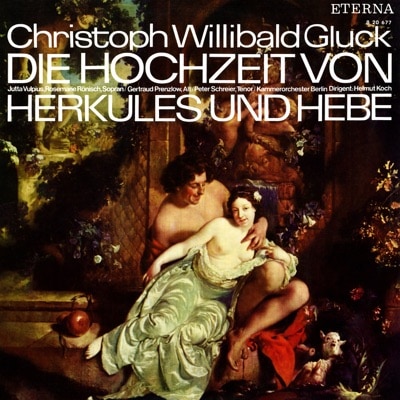
Christoph Gluck has Success at his Return to Vienna
Shortly after, I decided it was time to leave England. In 1747, I contacted Pietro Mingotti’s troupe of performers and joined them as a composer and performer. In celebration of the double royal wedding uniting Bavaria and Saxony, royal patrons asked me to compose an opera in their honor.
Le nozze d’Ercole e d’Ebe was performed in Pillnitz on June 29, 1747. It borrowed heavily from my earlier works and the teachings of Sammartini and was based on a libretto by an unknown author. It was highly successful, reaching the ears of the Viennese court.
From the Viennese court, I received yet another commission. They wanted an opera to celebrate Maria Theresa’s birthday. For this, I decided Metastasio’s Le Semiramide riconosciuta was perfect. This three-act drama, based on the libretto by Pietro Metastasio, premiered on May 14, 1748.
It was not just a musical piece but a political statement that resonated with the public. I wanted to try something new, and I felt bold and powerful enough to do so. It was within La Semiramide that I began to test the waters of deviating from Italian constants.
It was not to Metastasio’s taste who described it as “archival” and “unbearable.” Yet, after seeing its success, his tune soon changed when he said, “Semiramide reaches for the stars.”
In 1750, I left Mingotti’s troupe to join Giovanni Battista Locatelli. With my move, I ended up returning to Prague just in time for the famous Prague Carnival. For this celebration, I composed Ezio. It was a three-act baroque opera, set again to one of Metastasio’s librettos.
It ran for two seasons at the theatre on Kotcich Street, but in 1763, I later revised the work. I ‘recycled’ almost half of the songs, and I ended up cutting the opera down by trimming the overture.
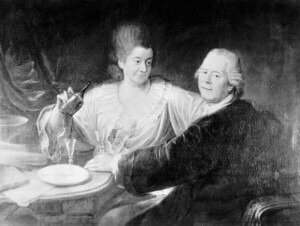
Christoph Gluck’s Marriage & Children
1763 was also the year that I finally settled down and married. Maria Anna Bergin was eighteen years old and the daughter of a Viennese merchant. It was a marriage of convenience. Although I was a critically acclaimed and popular composer, I was impoverished. She was the daughter of a wealthy merchant and part of the ladies in waiting to Empress Maria Theresa.
It was not easy to win her hand. Her father, Joseph Bergin, disliked me, and my previous amorous adventures with Gaspera Beccheroni – a singer in Mingotti’s troupe – left a bad taste behind. Once her father died, I moved back to Vienna and asked for Maria Anna’s hand in marriage.
The court records said this of the marriage: “The said spinster promised to endow the bridegroom from his means with a true and lawful dowry of five hundred Rhenish gulden after the wedding day against quittance, to which the aforementioned bridegroom makes a counter-settlement of one thousand Rhenish gulden, so that the marriage portion and counter-settlement together shall be one thousand five hundred gulden.”
“Both parties are agreed that the remained of the bride’s property of four thousand gulden, is to be safely invested and the yearly interests accruing – apart from a hundred gulden which has been expressly reserved for the free and personal use and disposal of the bride – shall be employed for their joint economy, whereas whatever is earned, acquired or inherited by the grace of God during the marriage shall be common property.”
With my newfound fortune, we married on September 15, 1750. We were happily married, and Maria Anna became the best partner I could have hoped for in a wife.
Her devotion to me and my career was what propelled me forward, reaching for more and more in my career. Maria Anna’s relationship to the royal court undoubtedly helped me to reform some traditional aspects of opera that I was unhappy with sustaining. Royal influence enabled me to be confident in reforming opera.
For the first year of our marriage, I commuted between Prague and Vienna as frequently as was possible. In 1752, though, I received a rather large commission for the celebrations of King Charles VII of Naples.
I set The Clemency of Titus to yet another libretto by Pietro Metastasio, and it premiered at the Teatro San Carlo on November 4, 1752. I composed some of my most difficult arias for the opera, and Francesco Durante said that we “should have been proud to have conceived and written the aria.”
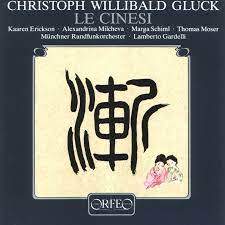
Christoph Gluck Becomes a Court Composer
Finally, settling in Vienna in 1754, I was invited by Prince Joseph of Saxe-Hildburghausen to become the official court composer. In the first two years of my appointment, I composed two operas: The Chinese Women and The Dance.
The Chinese Women was a one-act opera described best as a “componimento drammatico.” The work was performed on September 24, 1754, for the Austrian royal family. It tells the story of Lisinga, Tangia, and Sivene, who perform arias in different styles and later conclude that each style is effective in its way.
The Dance was, alternatively, a dramatical pastoral composition. Written to celebrate the birthday of Leopold, Empress Maria Theresa’s son, it first premiered on May 5, 1755. It was not performed again until 1987.
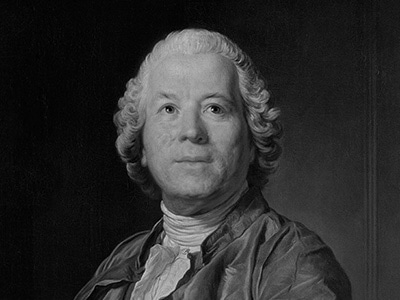
Christoph Gluck Reforms Opera
I began to veer away from Italian-style operas significantly during those years, focusing instead on the pageantry that opera presented. “I resolved to avoid all those abuses which had crept into Italian opera through the mistaken vanity of singers and the unwise compliance of composers, and which had rendered it wearisome and ridiculous, instead of being, as it once was, the grandest and most imposing stage work of modern times.”
“I endeavored to reduce music to its proper function, that of seconding poetry by enforcing the expression of the sentiment, and the interest of the situations, without interrupting the action or weakening it by superfluous ornament. My idea was that the relation of harmonious coloring and well-disposed light and she to an accurate drawing, which animates the figures without altering their outlines.”
“I have therefore been very careful never to interrupt a singer in the heat of a dialogue, in order to introduce a tedious ritornelle, nor to stop him in the middle of a piece either for the purpose of displaying the flexibility of his voice on some favorable time to take a breath before a long sustained note.”
“Furthermore, I have not thought it right to hurry through the second part of a song if the words happened to be the most important of the whole in order to repeat the first part regularly four times over; or to finish the air where the sense does not end in order to allow the singer to exhibit his power of varying the passage at pleasure. In fact, my object was to put an end to abuses against which good taste and good sense have long protested in vain.”
“My idea was that the overture ought to indicate the subject and preparer the spectators for the character of the piece they are about to see; that the instruments out to be introduced in proportion to the degree of interest and passion in the words; and that it was necessary above all to avoid making too great a disparity between the recitative and the air of dialogue, so as not to break the sense of a period or awkwardly interrupt the movement and animation of a scene.”
“I also thought that my chief endeavor should be to attain a grand simplicity, and consequently I have avoided making a parade of difficulties at the cost of clearness; I have set no value on novelty as such unless it was naturally suggested by the situation and suited to the expression; in short, there was no rule which I did not consider myself bound to sacrifice for the sake of effect.”
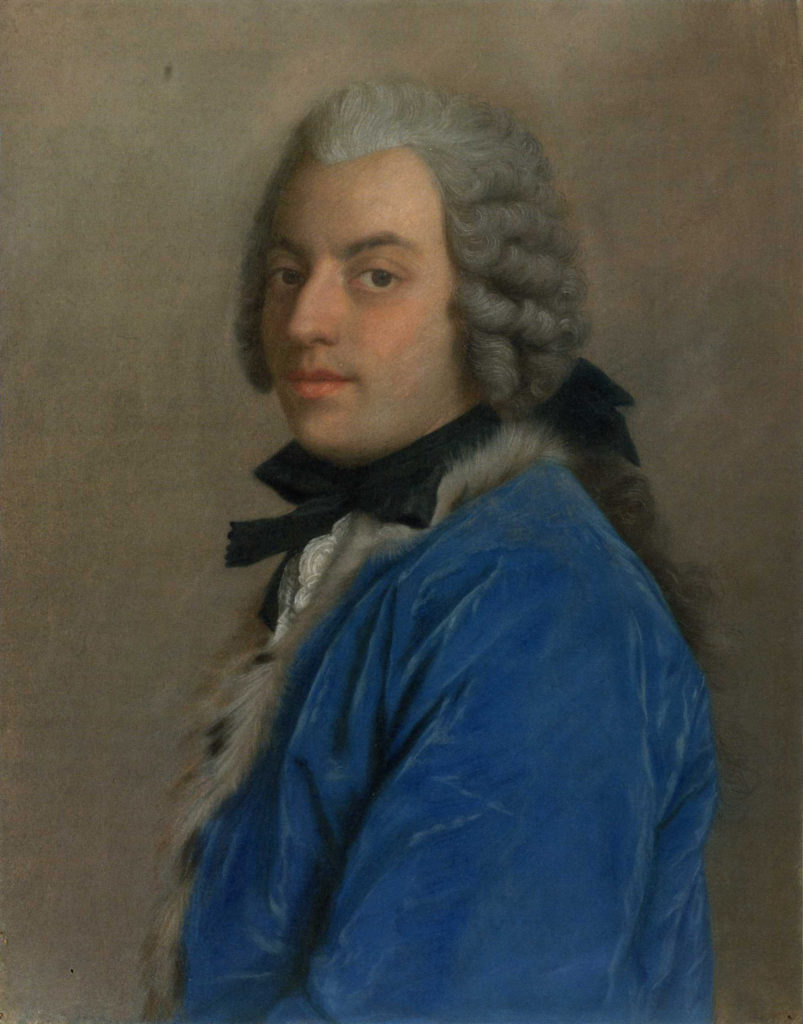
Christoph Gluck’s Most Famous Opera, Orfeo ed Euridice
I effectively began composing opera comiques solely. Orfeo ed Euridice based on the libretto by Ranieri de Calzabigi, was my first ‘radical opera’ in which I turned my back onto opera seria. It became one of my most popular and well-known works, premiering on October 5, 1762.
Francesco Algarotti was a large inspiration for Orfeo ed Euridice. He wrote: “The drama should delight the eyes and ears, to rouse up and to affect the hearts of an audience, without the risk of sinning against reason or common sense.”
Even my librettist, Calzabigi, was a champion for reforming the opera as we once knew it. “If Mr. Gluck was the creator of dramatic music, he did not create it from nothing. I provided him with the material or the chaos if you like. We, therefore, share the honor of that creation.”
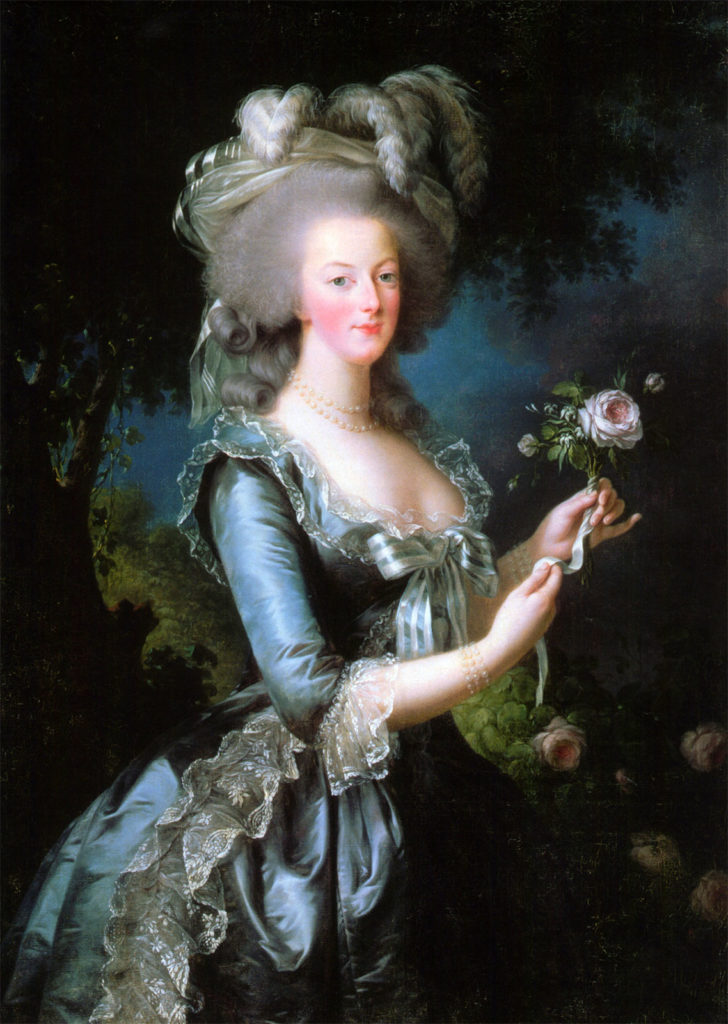
Christoph Gluck’s Opera, Iphigenie en Aulide, Composed for Marie Antoinette
From then on, it was an avalanche. I could not stop composing or talking about the radical reformation I had in mind for the opera.
I began teaching my beliefs and skills, and Marie Antoinette was one of my most prominent students. Marie Antoinette invited me to compose a new opera after she astounded the country with her beautiful voice and talent on the harpsichord. For her, I wrote Iphigenie en Aulide.
Iphigenie en Aulide was my first opera in French and for the French stage. Premiered in April 1774, unfortunately, it was not immediately successful. After the death of Louis XV, the theatre closed for several days in mourning, and Iphigenie en Aulide did not return until early January 1775.
I ended up revising it a few times, adding songs and removing scenes. Historian Jeremy Hayes once wrote: “Gluck revised Iphigenie en Aulide… introducing the goddess Diana at the end of the opera as a dea ex machina, and altering and expanding the divertissements… so, broadly speaking, there are two versions of the opera; but the differences by no means are so great or important….”
The reforms gained traction quickly, and I began working on making opera return to its roots of drama and passion. Francesco Algarotti’s Essay on the Opera was a significant inspiration to me, helping push reform forward.
Thankfully, I was not alone in believing in reforms. I met with people who shared my same beliefs and wanted to make a difference, such as Giacomo Durazzo, director of the court theatre, and the librettist Ranieri de Calzabigi I had worked with already.
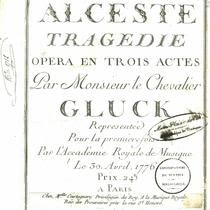
Christoph Gluck’s Opera Alceste
After the success of Orfeo ed Euridice in 1762, Calzabigi and I began creating more operas that supported the reform. Alceste quickly followed in 1767, and Paride ed Elena in 1770.
The operas generally received better feedback in France, and so I focused my attention there. For many years, I fell into a rhythm of composing, sparking controversy, and putting out the fires generated by my reformed operas. At one point, battles ensued between “Gluckists” and “Puccinnists,” who either fought for or against the new operas.
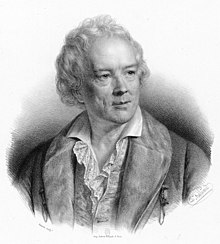
Christoph Gluck’s Unpopular Temperament
I was well known for not playing by the rules, and I believe it helped my career. My mannerisms seeped into my performances, to the point I became well-known for wearing a nightcap because it was usual for me to throw my wig to the ground when things did not go to plan, and I was also known for heavily sweating through my clothes.
Unbecoming to most, it became my signature, the way I brought performances to life by not being a carbon copy of all the others who worked on the stage.
The reformation began there, and my attitude became more pronounced. I refused to bend over backward for the public. Instead, I started writing the kind of music that I liked to listen to. My uncompromising way of composing seeped into my creations, too. Some were unhappy with this, but others – many others, indeed – followed me step-by-step.
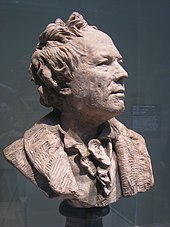
Christoph Gluck’s Ill Health & Death
Unfortunately, in September 1779, I became seriously ill during the rehearsals of Echo et Narcisse. After its failed premiere, I decided to return to Vienna to rest.
I began training Antonio Salieri, an ex-student of mine turned good friend, into taking my place if anything happened to me. I helped him compose an opera for Les Danaides, which was a resounding success.
In 1781, I began suffering from high blood pressure and deep bouts of depression. Although I still tried to compose, I found it challenging to complete projects and instead began attending various concerts almost weekly to pass the time.
I died on November 15, 1787, after suffering a stroke while at lunch with friends. I was seventy-three years old. My life and work opened the doors for reformed opera, new music, and the acceptance of operas in French and other non-Italian languages.
Please find compelling quotes of Christoph Willibald Gluck’s here on his quotes page.
Sources:
Great Composers 1300-1900 by David Ewen
The Lives of Great Composers by Harold C. Schonberg
Christoph Willibald Gluck: https://en.wikipedia.org/wiki/Christoph_Willibald_Gluck
The Classical Era: Mid-Eighteenth to Mid-Nineteenth Century: http://www.all-art.org/music/gluck.html
A Guide to Gluck’s Style: https://www.classical-music.com/composers/guide-glucks-style/
La Semiramide Riconosciuta: Gluck’s First Opera for Vienna: https://www.takte-online.de/en/complete-ed/detail/artikel/la-semiramide-riconosciuta-glucks-erste-oper-fuer-wien/index.htm
Divine Intervention! Christoph Willibald Gluck and Maria Anna Bergin: https://interlude.hk/divine-interventionchristoph-willibald-gluck-and-maria-anna-bergin/